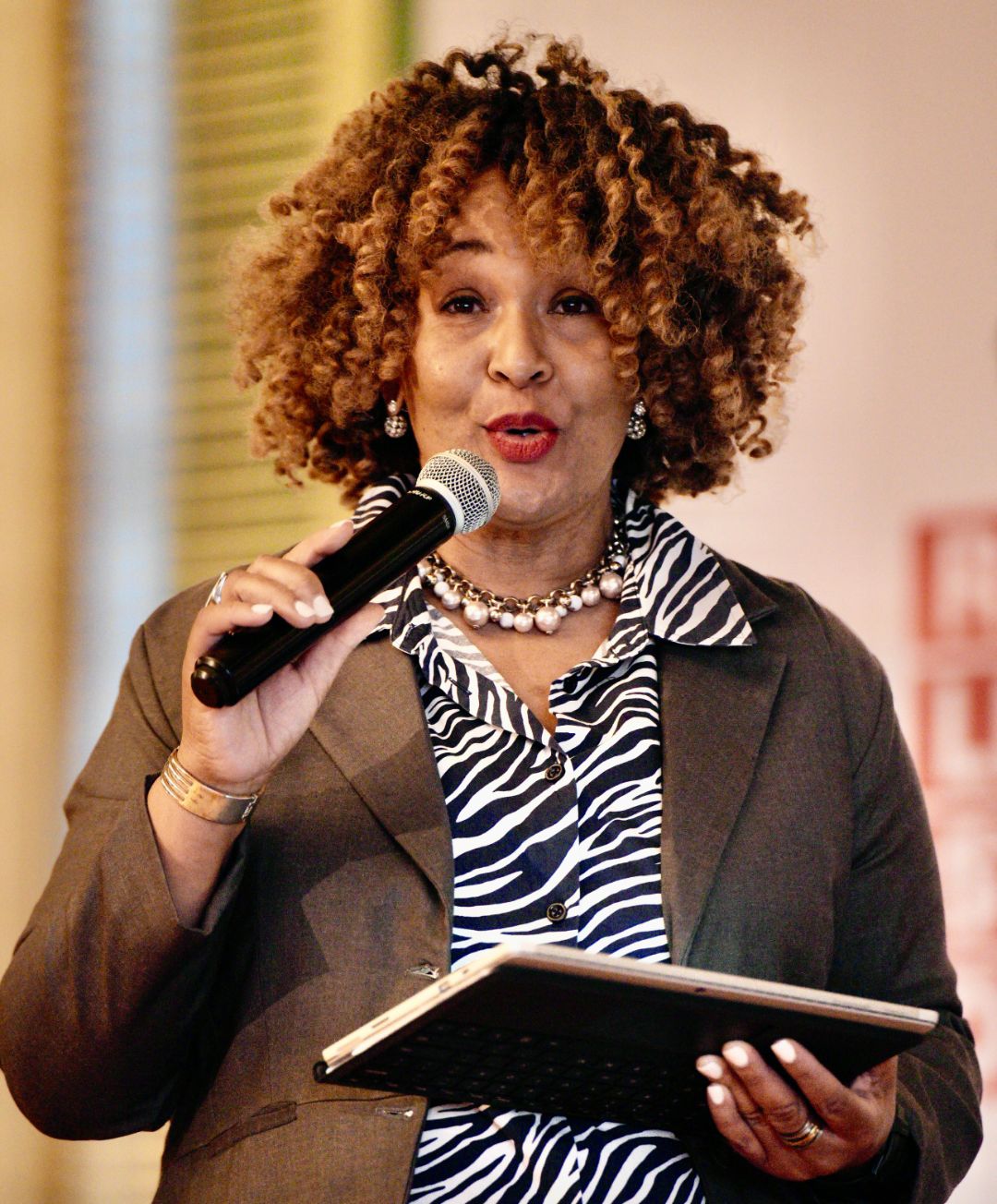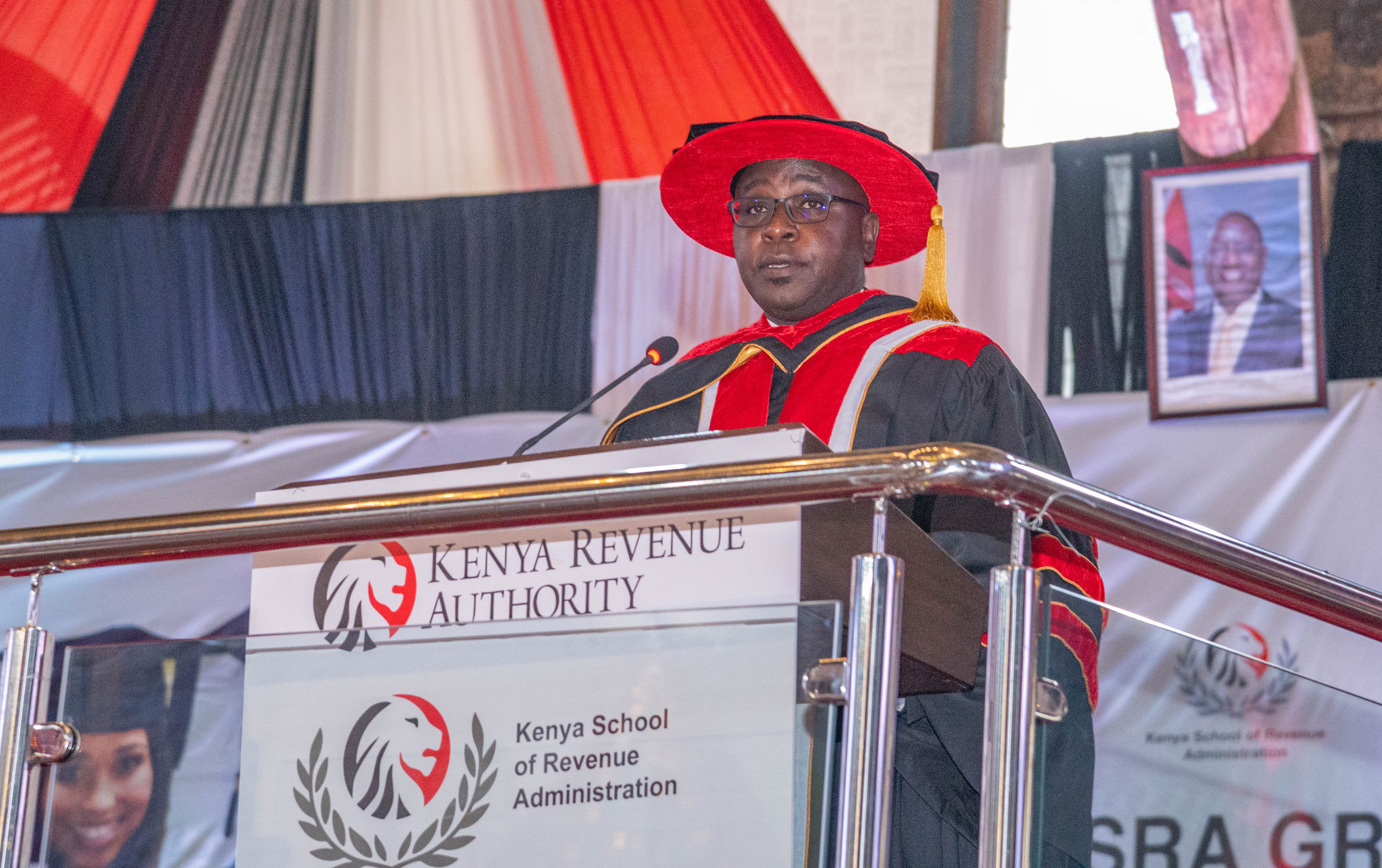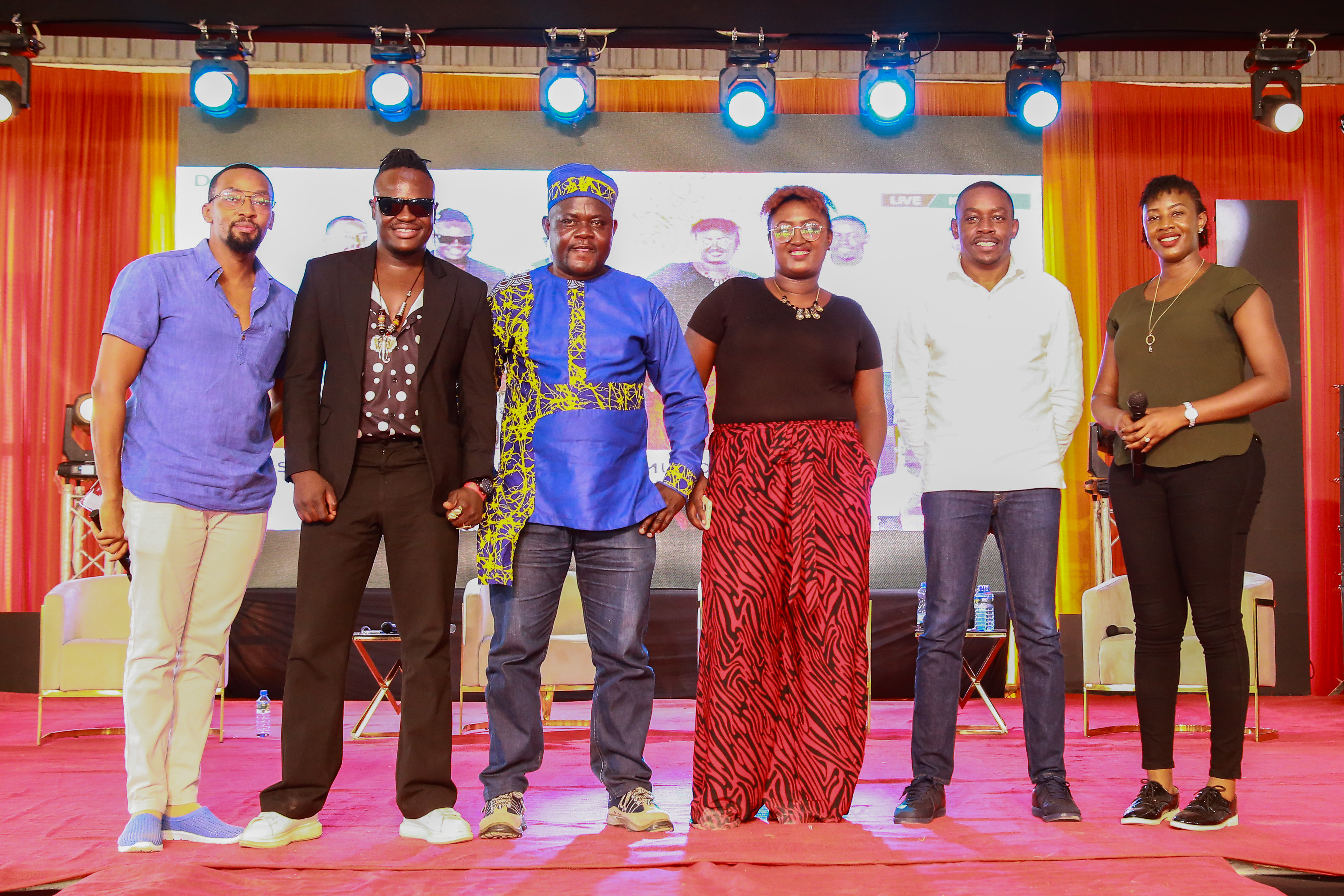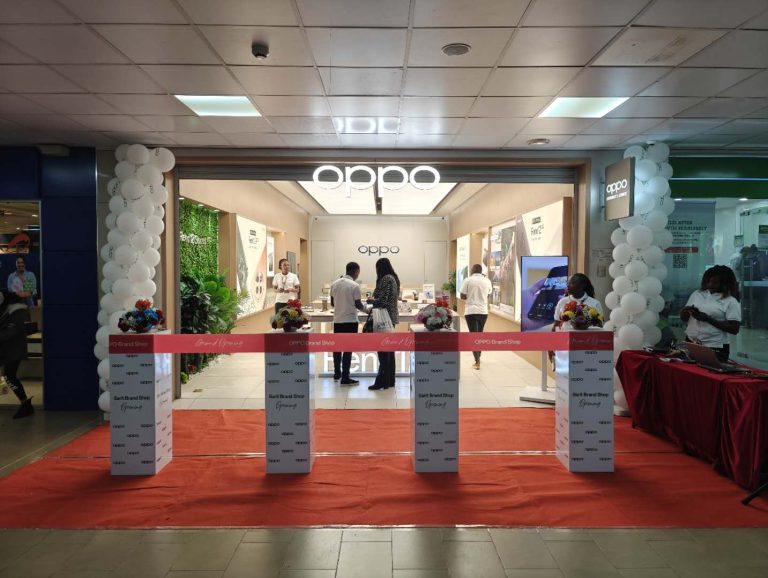Tech-Driven Agriculture for Garissa School Students
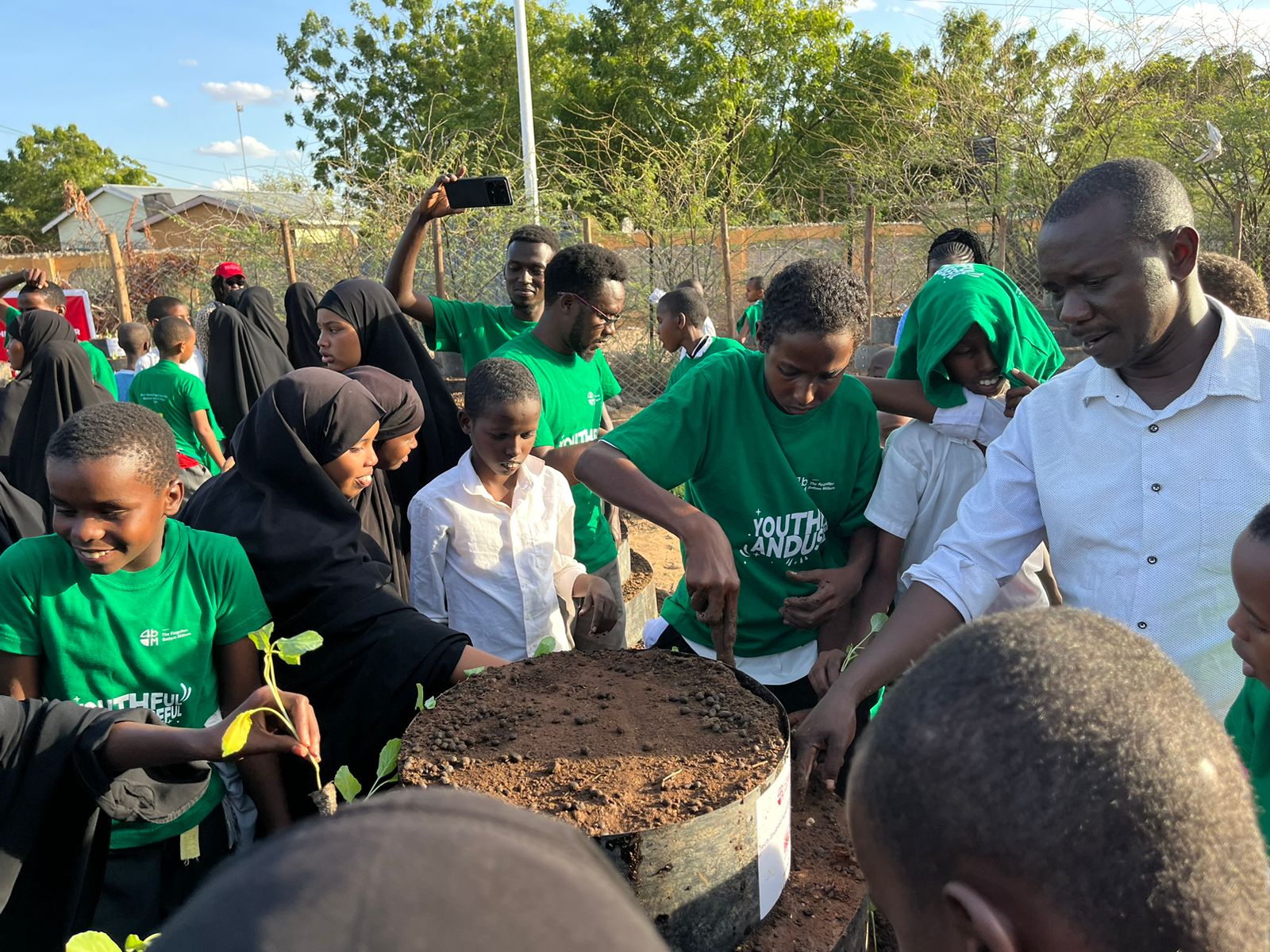
By Our Reporter
Achieving food security in ASAL communities is attainable through innovative agricultural practices.
Garissa, Kenya October 2024 – Garissa County has limited access to sustainable agricultural practices and digital literacy posing challenges to food security and economic development. Traditional farming methods are insufficient in the face of climate change, exacerbating food insecurity and economic hardships. Moreover, the community lacks opportunities for learning and adopting modern agricultural techniques.
4BM and M-lugha have launched the Tech-Enabled Agricultural project for Garissa School children funded by the UK International Development. This project will see the establishment of school gardens at Yathrib Primary School in Galbeet Ward, Garissa Township. The gardens will serve as a practical hub for sustainable agriculture, combining traditional farming methods with digital tools, and position the school as a center for agricultural innovation and learning.
“One of the key challenges in adopting climate-smart agriculture, is demonstrating its value to smallholder farmers and showing how these practices can enhance both productivity and economic sustainability,” stated Mohammed Omar, Garissa County Chief Officer for Agriculture. He welcomed the initiative and lauded the partners for selecting a school in Garissa County.
By making the school a focal point for agricultural learning and practice center, the project aims to promote community-wide adoption of sustainable agricultural techniques to mitigate drought. At the same time, the integration of technology will enhance digital literacy among both students and community members, enabling them to leverage tools for crop monitoring, market research, and entrepreneurship.
Mr. Mohamed Dure, the headmaster at Yathrib Primary School, said “This project is a valuable initiative, providing learners with hands-on experience in cone garden farming.” A total of 126 children will be assigned a different cone, and at the project’s conclusion, the best-performing cone will receive an award.
Speaking on behalf of 4BM, Sheila Kidenda, the project manager highlighted the importance of partnerships in creating a platform for training smallholder farmers and educating the children in smart agricultural practices which is essential for knowledge sharing.
“The partnership between 4BM, M-Lugha will help extend the project’s reach, allowing access to broader networks and communities that might otherwise be difficult to engage” she said.
This project will be executed for a period of three months where learners from different schools across the county will have a chance to come for a site visit to learn about smart agricultural practices by incorporating tablets and a dedicated curriculum. It will serve as a living tool for students and the wider community, providing continuous learning opportunities beyond the project’s completion.
Why Tech- Enabled agriculture
The acceptance and understanding of tech-enabled agriculture by smallholder farmers is crucial to addressing global challenges related to food security and nutrition.
The agriculture sector growth rate in Garissa County has a very erratic trend as it is highly vulnerable to drought shock. The community faces significant risks from poverty, climate change, and hunger. However, climate-smart agriculture is increasingly seen as a way to combat these challenges. Abdinoor Alimahdi, Founder of M-lugha said, “This collaboration is a starting point for agricultural innovation and learning as it will embed digital literacy into the agricultural curriculum, utilizing tablets and the M-lugha app to enhance both agricultural knowledge and technology skills.”

